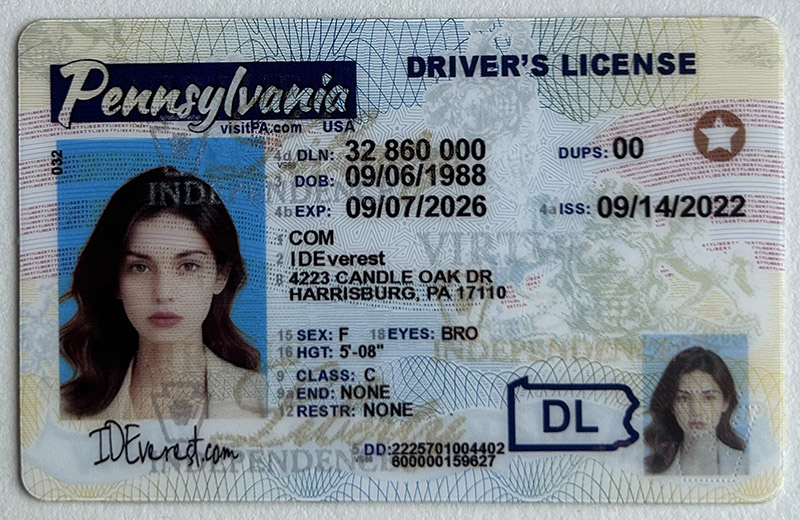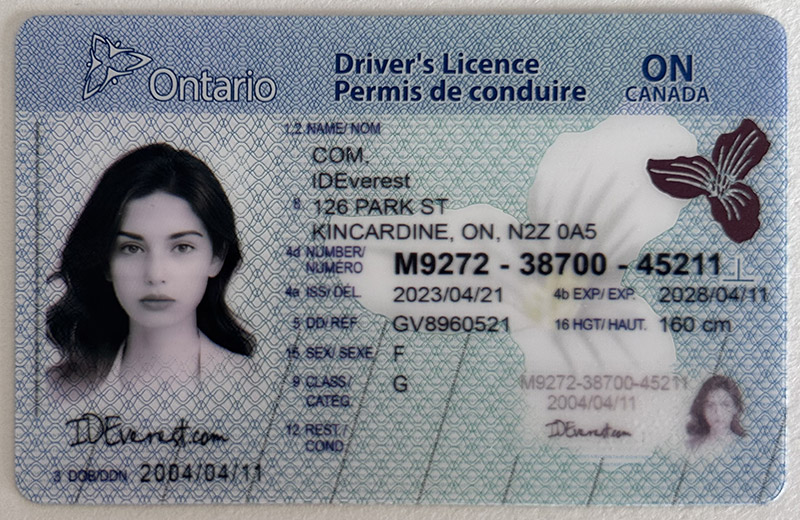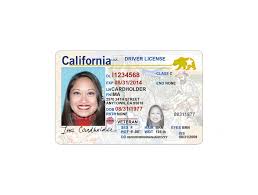how to make scannable id
How to Make Scannable IDs: A Comprehensive Guide

In today's digital age, the demand for scannable IDs has grown significantly. Whether for entertainment purposes, online verification, or other legitimate uses, scannable IDs have become a sought-after product. This guide provides an in-depth look into how to create scannable IDs, the features of such products, common issues that users may encounter, and how to resolve them. We'll also delve into user reviews and conclude with key takeaways.
Introduction to Scannable IDs
Scannable IDs are identification cards designed to mimic the look and feel of official IDs but with an added layer of functionality: they can be scanned by machines, such as barcode readers or magnetic stripe readers. These IDs are often used in situations where a digital verification system is in place, such as in bars, clubs, or even online platforms. The creation of scannable IDs involves a combination of graphic design, technical knowledge, and attention to detail to ensure that they are both convincing and functional.
Features of Scannable IDs
High-Quality Design:Scannable IDs are typically designed to replicate the appearance of government-issued IDs. This includes accurate logos, fonts, and layout that closely mimic real IDs. High-resolution images, correct colors, and precise placements of elements are crucial for creating a convincing scannable ID.
Scannable Barcodes and Magnetic Stripes:The defining feature of scannable IDs is their ability to be read by machines. This is achieved by embedding barcodes, QR codes, or magnetic stripes that store the necessary information. When scanned, these IDs should provide valid data, similar to a real ID, ensuring they pass verification checks.
Durability:Scannable IDs are often made with high-quality materials to ensure they are durable and can withstand regular use. This includes being water-resistant, tear-resistant, and resistant to fading. Durability is essential, especially if the ID will be used frequently.
Holograms and UV Features:Many scannable IDs include additional security features such as holograms, UV ink, and microprinting. These features add another layer of authenticity, making it difficult for the ID to be easily detected as fake. Holograms, for instance, can be designed to reflect light in specific patterns, mimicking those found on real IDs.
Common Questions and Issues
Is it Legal to Own or Use a Scannable ID?The legality of scannable IDs varies depending on the jurisdiction. In many places, owning or using a fake ID is illegal and can lead to severe consequences. It is crucial to understand the laws in your area before purchasing or using a scannable ID. They are often marketed for entertainment purposes only, and using them for fraudulent activities is strongly discouraged.
Will the ID Work in All Scanners?Not all scanners are the same. While high-quality scannable IDs are designed to work with most machines, some scanners, particularly those used by government agencies, may have more advanced detection systems. Therefore, there is always a risk that a scannable ID may fail in certain situations.
How Long Will the ID Last?The lifespan of a scannable ID depends on the quality of materials used and how frequently it is used. High-quality scannable IDs can last several years with proper care, but wear and tear from regular use can reduce their lifespan.
What if the ID Doesn’t Scan?If a scannable ID fails to scan, it could be due to several reasons, including damage to the barcode or magnetic stripe, or compatibility issues with the scanner. If this happens, checking the ID for visible damage or trying it with a different scanner might help. If the problem persists, contacting the vendor for support or a replacement might be necessary.
User Reviews and Experiences
User reviews of scannable IDs vary widely, depending on the quality of the product and the expectations of the user. Here are some common themes found in user feedback:
High Satisfaction with Realistic Design:Many users express satisfaction with the realism of the scannable IDs they receive. The attention to detail in the design, including the use of accurate fonts, colors, and layouts, is often praised. Users appreciate when the ID closely resembles a real one, making it harder to detect as fake.
Mixed Experiences with Scannability:While some users report that their scannable IDs work flawlessly in most situations, others have had issues with certain scanners, particularly in high-security environments. This highlights the importance of purchasing from reputable vendors who prioritize the functionality of their products.
Concerns About Durability:A common concern among users is the durability of the scannable ID. While most are designed to be long-lasting, some users have experienced wear and tear that affects the ID’s appearance and functionality over time. Proper care and handling can mitigate some of these issues.
Positive Customer Support:Many users appreciate responsive customer support from vendors. Whether dealing with issues related to scanning, damage, or the need for replacements, good customer service has been a critical factor in user satisfaction.
Troubleshooting and Solutions
During the use of a scannable ID, users may encounter several challenges. Below are some common problems and their solutions:
Problem: The ID Doesn’t Scan Properly.Solution: Ensure that the barcode or magnetic stripe is clean and undamaged. Try using the ID with a different scanner to rule out device-specific issues. If the problem persists, contact the vendor for assistance.
Problem: The ID Shows Signs of Wear and Tear.Solution: Store the ID in a protective case when not in use. Avoid exposing it to extreme temperatures or moisture. If significant damage occurs, consider purchasing a replacement.
Problem: The ID Is Not Accepted at Certain Locations.Solution: Scannable IDs are not guaranteed to work everywhere, especially in high-security areas. It’s advisable to have a backup plan and be aware of the risks associated with using such IDs in these environments.
Problem: The Hologram or UV Features Don’t Appear Correctly.Solution: Check the lighting conditions when viewing the hologram or UV features. If they still don’t appear as expected, the ID may be faulty. Contact the vendor for a possible replacement.
Conclusion
Scannable IDs offer a unique solution for individuals seeking a realistic, functional identification card for various purposes. With high-quality design, scannable features, and durability, these IDs can be a valuable tool. However, it is crucial to understand the potential legal implications and limitations of using such products.
Users have generally positive experiences with scannable IDs, particularly when they purchase from reputable sources. However, like any product, there can be issues related to scanning, durability, and acceptance in different locations. Addressing these challenges proactively, through careful handling and seeking support when needed, can enhance the overall experience.
In summary, while scannable IDs can serve specific needs, they should be used responsibly and within the bounds of the law. By choosing a reliable vendor and understanding the product's capabilities and limitations, users can enjoy the benefits of a scannable ID without unnecessary complications.
 Scannable Fake Pennsylvania Dr
Scannable Fake Pennsylvania Dr
 Scannable Fake Ontario Driver'
Scannable Fake Ontario Driver'
 scannable Fake NorthCarolina D
scannable Fake NorthCarolina D
 scannable Fake MississippiDL
scannable Fake MississippiDL